Understanding Agency
It’s important to understand what legal responsibilities your real estate salesperson has to you and to other parties in the transactions. Ask your salesperson to explain what type of agency relationship you have with him or her and with the brokerage company.
- Seller's representative (also known as a listing agent or seller's agent). A seller's agent is hired by and represents the seller. All fiduciary duties are owed to the seller. The agency relationship usually is created by a listing contract.
- Subagent. A subagent owes the same fiduciary duties to the agent's principal as the agent does. Subagency usually arises when a cooperating sales associate from another brokerage, who is not representing the buyer as a buyer’s representative or operating in a nonagency relationship, shows property to a buyer. In such a case, the subagent works with the buyer as a customer but owes fiduciary duties to the listing broker and the seller. Although a subagent cannot assist the buyer in any way that would be detrimental to the seller, a buyer-customer can expect to be treated honestly by the subagent. It is important that subagents fully explain their duties to buyers.
- Buyer's representative (also known as a buyer’s agent). A real estate licensee who is hired by prospective buyers to represent them in a real estate transaction. The buyer's rep works in the buyer's best interest throughout the transaction and owes fiduciary duties to the buyer. The buyer can pay the licensee directly through a negotiated fee, or the buyer's rep may be paid by the seller or by a commission split with the listing broker.
- Disclosed dual agent. Dual agency is a relationship in which the brokerage firm represents both the buyer and the seller in the same real estate transaction. Dual agency relationships do not carry with them all of the traditional fiduciary duties to the clients. Instead, dual agents owe limited fiduciary duties. Because of the potential for conflicts of interest in a dual-agency relationship, it's vital that all parties give their informed consent. In many states, this consent must be in writing. Disclosed dual agency, in which both the buyer and the seller are told that the agent is representing both of them is legal in most states.
- Designated agent (also called, among other things, appointed agency). This is a brokerage practice that allows the managing broker to designate which licensees in the brokerage will act as an agent of the seller and which will act as an agent of the buyer. Designated agency avoids the problem of creating a dual-agency relationship for licensees at the brokerage. The designated agents give their clients full representation, with all of the attendant fiduciary duties. The broker still has the responsibility of supervising both groups of licensees.
- Nonagency relationship (called, among other things, a transaction broker or facilitator). Some states permit a real estate licensee to have a type of nonagency relationship with a consumer. These relationships vary considerably from state to state, both as to the duties owed to the consumer and the name used to describe them. Very generally, the duties owed to the consumer in a nonagency relationship are less than the complete, traditional fiduciary duties of an agency relationship.
















